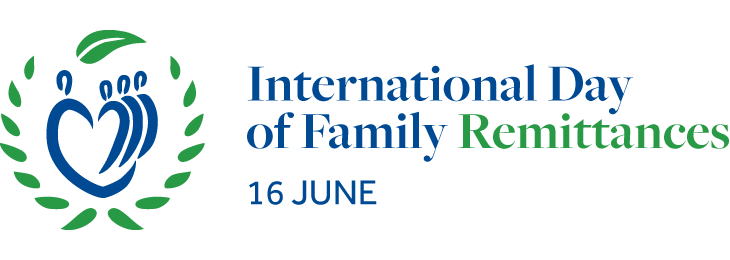
About the IDFR
#FamilyRemittancesThe International Day of Family Remittances (IDFR) is a universally-recognized observance adopted by the United Nations General Assembly (A/RES/72/281) and celebrated every year on 16 June. The day recognizes the contribution of over 200 million migrants to improve the lives of their 800 million family members back home, and to create a future of hope for their children. Half of these flows go to rural areas, where poverty and hunger are concentrated, and where remittances count the most.
Through this observance, the United Nations aims to bring greater awareness of the impact that these contributions have on millions of households, but also on communities, countries, and entire regions. The Day also calls upon governments, private sector entities, as well as the civil society, to find ways that can maximize the impact of remittances through individual, and/or collective actions.
The IDFR is fully recognized at the global level, and included as one of the key initiatives to implement the Global Compact for Safe, Orderly and Regular Migration– GCM(Objective 20), also calling for the reduction of remittance transfer costs, and greater financial inclusion through remittances. The Day also promotes achievement of the Sustainable Development Goals (SDGs) and furthers the the 2030 Agenda for Sustainable Development.
Towards these objectives, the United Nations International Fund for Agricultural Development (IFAD), as custodian of the IDFR, is supporting the #FamilyRemittances Campaign, to allow stakeholders to endorse the values the Day represents and to showcase their engagement.
The #FamilyRemittances Campaign 2020 – 2030
“Supporting one billion people reach their own Sustainable Development Goals (SDGs)” is a campaign aimed at recognizing the fundamental contribution of remittance families towards such achievement, and encouraging all relevant actors to actively contribute to reaching these global goals.
The campaign’s goals are to:
- Promote a more comprehensive understanding of the key role that family remittances play on sustainable development;
- Create an enabling environment for unleashing the potential of these flows for the wellbeing of migrants’ communities; and
- Enhance financial inclusion for migrants and their families through increased access to – and use of – financial services, particularly in remote, rural areas.


